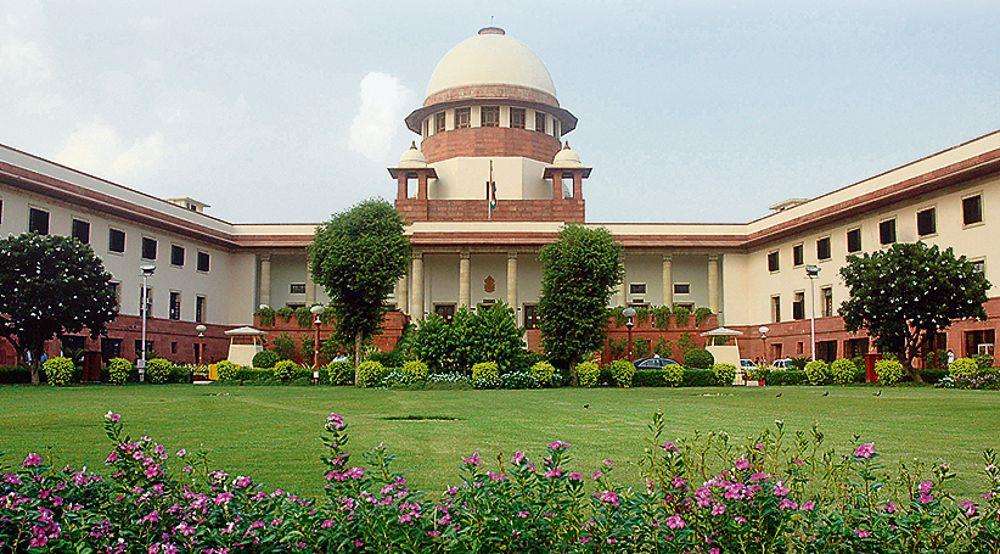In a ruling on Tuesday, the Supreme Court of India stated that ministers, Members of Parliament (MPs), and Members of Legislative Assembly (MLAs) have the same freedom of speech as other citizens under Article 19(1)(a) of the Constitution and cannot have greater restrictions placed on this fundamental right. The Constitution Bench, consisting of Justices S Abdul Nazeer, AS Bopanna, BR Gavai, V Ramasubramanian, and BV Nagarathna, determined that the restrictions on the freedom of speech of public officials cannot exceed those outlined in Article 19(2) of the Constitution, which apply to all citizens. This ruling was made in the case of Kaushal Kishore vs State of Uttar Pradesh and others.
“Additional restrictions not found under Article 19(2) cannot be imposed on the exercise of article 19(1)(a)…Grounds mentioned in Article 19(2) for restricting free speech are exhaustive. Additional restrictions not found in Article 19(2) cannot be imposed on the exercise of right under 19(1)(a),” the Court said.
This ruling was issued in a group of cases dealing with the extent of the freedom of speech of public officials and whether it can be restricted further in the interest of the rights of citizens to life and personal liberty.
The Court further said that “law imposing any restriction in terms of clause (2) of Article 19 can only be made by the State and not by the Court.”
“The role envisaged in the Constitutional scheme for the Court, is to be a gatekeeper (and a conscience keeper) to check strictly the entry of restrictions, into the temple of fundamental rights. The role of the Court is to protect fundamental rights limited by lawful restrictions and not to protect restrictions and make the rights residual privileges. Clause (2) of Article 19 saves (i) the operation of any existing law; and (ii) the making of any law by the State. Therefore, it is not for us to add one or more restrictions than what is already found,” the Supreme Court said.
The Court also stated that statements made by a minister regarding the government or its affairs cannot be considered as representative of the government as a whole.
“A mere statement by a minister inconsistent with the rights of citizen does not form to be a constitutional tort but if it leads to omission or commission of offence by a public official then it is a constitutional tort,” the bench ruled.














